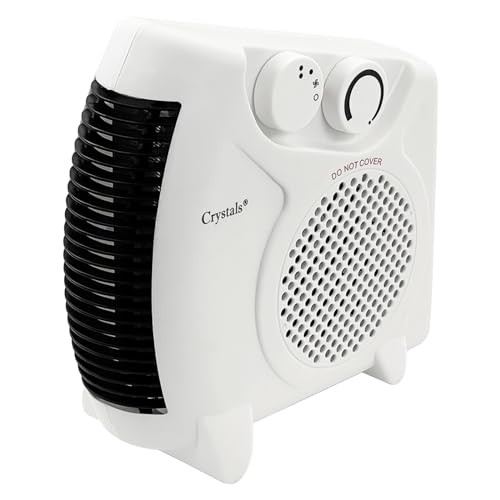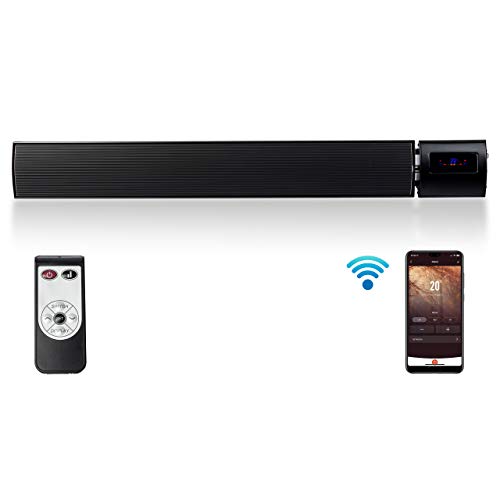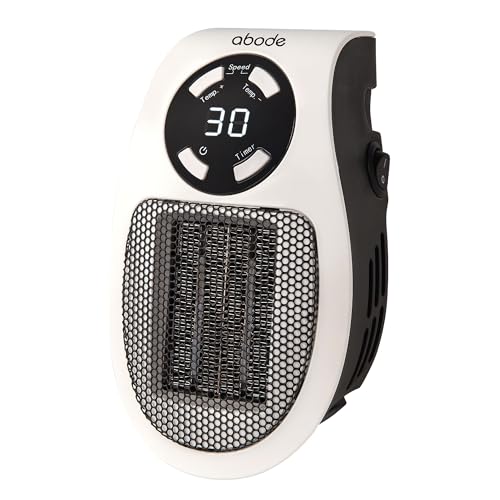Understanding Energy Efficiency: What It Means for Your Heating Needs
Defining Energy Efficiency in Heating
When we talk about energy efficiency in heating, we’re referring to how well a heating system converts energy into heat. Take the example of a car; some cars use fuel more effectively than others. In heating, energy efficiency means less energy is wasted in producing heat, which translates into lower energy bills and a smaller carbon footprint. Essentially, a more energy-efficient heater not only warms up your space effectively but does so while consuming less energy.
The Importance of Energy Ratings
Most energy-efficient heaters come with energy ratings that can help us understand their efficiency at a glance. For instance, a heater with a higher rating is designed to use less energy while producing the same amount of heat compared to those with lower ratings. Instead of gazing at complex charts, we can think of it in simple terms: a good energy rating indicates that we will save money on our energy bills as a result of using that particular heater.
Choosing the Right Type of Energy-Efficient Heater for Your Space
Understanding Your Space Requirements
Before we invest in a heater, it’s crucial to know the size of the area we want to heat. For example, a compact heater might be perfect for warming up a small room like a study, whilst a larger, more powerful model is necessary for open-plan living spaces. Identifying our space type helps us choose the right heater that can efficiently do the job without overworking or unnecessarily increasing costs.
Types of Energy-Efficient Heaters
There are several types of energy-efficient heaters to consider: convection heaters, infrared heaters, and oil-filled radiators to name a few. Convection heaters work by heating the air around them, making them great for quickly warming a room. Infrared heaters, on the other hand, heat objects and people directly, which can be more efficient in certain setups. Oil-filled radiators retain heat for longer periods, providing sustained warmth even after the heater is turned off. Each type has its own advantages, so we should evaluate our specific needs before committing.
Key Features to Look for in an Energy-Efficient Heater
Programmable Thermostats and Timers
When considering an energy-efficient heater, we should look for features like programmable thermostats and timers. These allow us to set specific heating schedules, ensuring that the heater runs only when we need it. For instance, we can programme it to start warming our living room just before we arrive home from work, rather than leaving it on all day.
Safety Features
Safety should also be a key concern when selecting a heater. Features like automatic shut-off, tip-over protection, and cool-touch exteriors make a heater much safer to use, especially in homes with children or pets. These features give us peace of mind, knowing that our heating setup is not only efficient but also safe.
Maximising Comfort: How to Use Your Heater Effectively
Optimal Placement of Your Heater
For maximum efficiency, the placement of our heater plays a significant role. Positioning a heater near cold draughts or blocked by furniture can hinder its performance. Placing it in an unobstructed area can allow for better heat circulation in the room. We should experiment with different locations to see where our heater performs best.
Regular Maintenance Practices
To keep our energy-efficient heater in optimal working condition, regular maintenance is essential. Simple tasks like dusting off the heater and checking its filters can significantly improve its efficiency. By making it a habit, we can ensure our heater runs effectively, saving energy and prolonging its lifespan.
Cost-Benefit Analysis: Energy-Efficient Heaters vs. Traditional Options
Initial Investment vs. Long-Term Savings
While energy-efficient heaters might require a higher initial investment compared to traditional heaters, it’s important to consider the long-term savings. Over time, the reduced energy consumption can lead to significant savings on our energy bills. For instance, even though an energy-efficient heater may be slightly pricier upfront, the lower running costs can result in a return on investment within a few heating seasons.
Environmental Impact Considerations
Choosing an energy-efficient heater is not solely about personal savings; it also has positive environmental implications. Energy-efficient units typically result in lower carbon emissions, contributing to a healthier planet. When we opt for these heaters, we are not only making a smart financial choice but also playing our part in reducing energy waste and supporting sustainability.
























